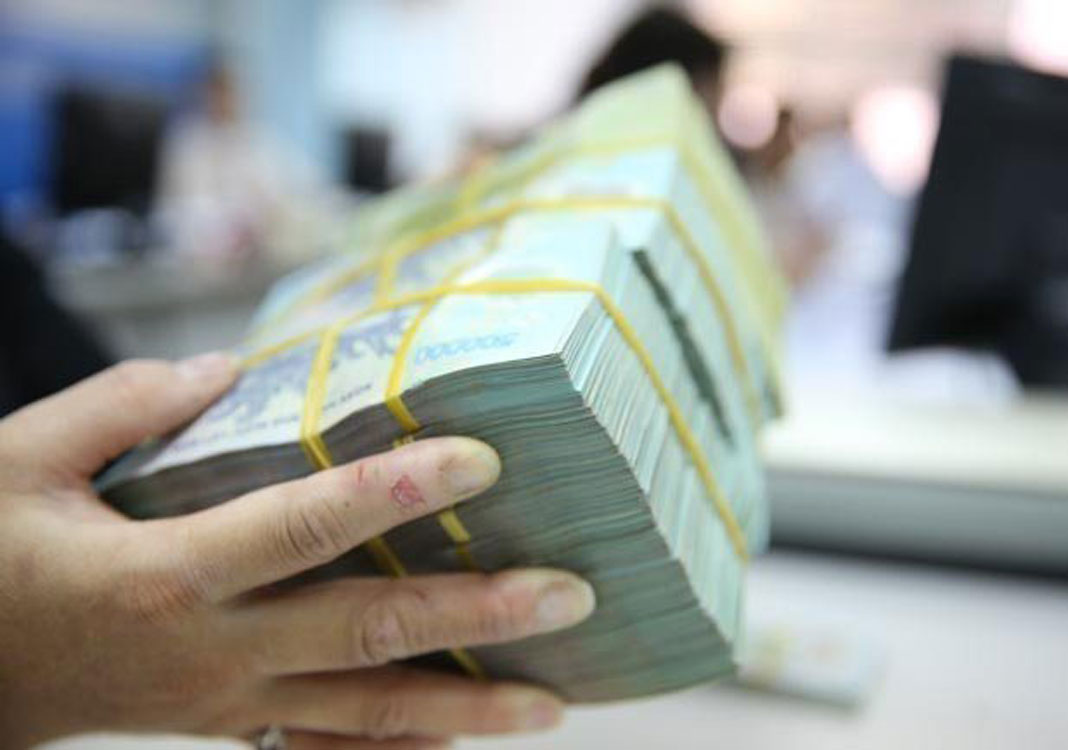HCMC – Due to the lack of a legal corridor for peer-to-peer (P2P) lending, some individuals and enterprises in the sector have taken advantage of the financing method to appropriate money, according to the Ministry of Planning and Investment.
The ministry has published a draft report assessing the impact of some sharing economic models on the economy, including solutions to improve the P2P model’s strengths and limit its negative impacts, Nguoi Lao Dong newspaper reported.
Firms in the sector have mainly registered as pawnshops, finance and investment consultants and financial brokerages, which provide services to connect investors and borrowers on online trading platforms.
Some firms may conduct illegal actions, such as laundering money and providing black credit, loan-shark funds and financial services under the multilevel marketing format. They often also post misleading advertisements and promise high profits to swindle others.
According to the ministry, the P2P lending model is developed on apps or websites with the participation of P2P lending service providers, borrowers, lenders, banks, e-wallet service providers and insurance firms.
At present, there are some 100 P2P lending firms in the local market, including those from China, Russia, Singapore and Indonesia, proving that foreign investors are keen on the local consumer lending market. As some countries, such as China, Singapore and Indonesia, have tightened control over P2P lending firms, some firms from China have shifted their operations to Vietnam.
Vietnam holds high potential for P2P lending. Tima, a P2P lending platform, for example, has disbursed more than VND96 trillion for 4.98 million borrowers and attracted over 46,000 lenders after four years of operating in the domestic market.
Dr Huynh Trung Minh, a financial expert, said many P2P lending firms do not have business registration certificates and are operating as pawnshops. Many of them are offering loans via apps, while others are foreign-invested ones, causing difficulties in management and posing a high risk of tax losses.
Therefore, quickly developing a legal corridor to manage this lending model is a must, Minh added.
Sharing the same view, Dr Can Van Luc, an economic expert, said several P2P lending firms have provided loans online with high interest rates, posing a high risk for the economy and society. The State should set lending caps for lenders, license P2P lending firms that meet the requirements on minimum capital and technology, work out solutions to protect the interests of investors and regulate the responsibilities of P2P lending firms to investors.
The Ministry of Planning and Investment has asked the State Bank of Vietnam to coordinate with the relevant ministries and agencies to set up mechanisms for fintech and P2P lending firms in Vietnam and later develop a legal corridor for the sector.









